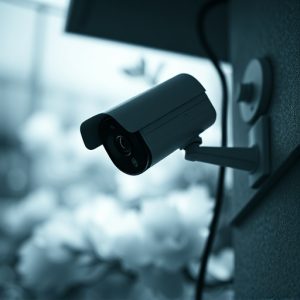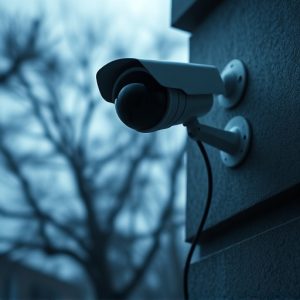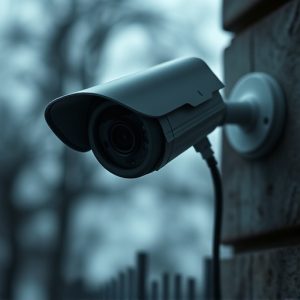Unveiling Hidden Surveillance: Protecting Privacy from Secret Cameras
In an era prioritizing privacy, individuals and organizations must stay vigilant against hidden secu…….
In an era prioritizing privacy, individuals and organizations must stay vigilant against hidden security cameras disguised as everyday objects. Regular inspections, advanced technology, and ethical awareness are essential to counter these threats. Legal regulations and explicit consent are crucial for their use, with consequences for non-compliance. Proactive measures, staying informed, and visible security systems protect personal spaces from invasive surveillance, ensuring privacy respect in a digitally evolving world.
Unveiling the unseen, we explore the world of secret security cameras—a growing concern for privacy advocates. This article delves into the unexpected places these hidden devices can be found, from homes and offices to public spaces. We dissect the ethical and legal grey areas surrounding their use, empowering readers with knowledge on how to identify and protect against potential invasion. Discover practical steps to safeguard your personal space and learn about the ongoing debate on privacy in an increasingly surveillance-focused society.
Unveiling Hidden Surveillance: Where to Look for Secret Cameras
In today’s world, privacy concerns have led many individuals and organizations to become vigilant against hidden security cameras. Unveiling these surreptitious devices requires a keen eye for detail and an understanding of common hiding spots. Secret cameras are often cleverly concealed within everyday objects, making them nearly invisible to the naked eye. From smoke detectors and light switches to door handles and plant pots, these hidden surveillance systems can be found in various locations around your home or office.
To protect yourself from such invasive monitoring, it’s essential to conduct regular checks for potential hidden cameras. This might involve inspecting common areas where devices could be installed, such as corners, ceilings, and behind furniture. Advanced technology has made it possible to detect infrared or heat signatures left by active cameras, serving as a powerful tool in the quest to uncover hidden security systems. Staying proactive and informed about these tactics is key to safeguarding your privacy.
The Ethics and Legality of Hidden Security Cameras: What You Need to Know
The deployment of hidden security cameras raises significant ethical and legal considerations. While they offer enhanced surveillance capabilities, particularly in securing homes, businesses, or public spaces, their use blurs the line between privacy and security. The primary concern revolves around the right to privacy—individuals have a legitimate expectation of privacy in certain areas, and secretly monitoring these spaces can infringe upon that right. This is especially true when hidden cameras are placed in places like bathrooms, changing rooms, or private residences without explicit consent.
Legally, the use of hidden security cameras must adhere to specific regulations and laws. These vary by region, but generally, there’s a requirement for transparency and consent. In many jurisdictions, it’s illegal to install cameras without proper notification, especially in areas where individuals reasonably expect privacy. Moreover, capturing or storing footage of unauthorized individuals can lead to severe legal repercussions. Understanding the local laws and ethical guidelines is crucial for anyone considering the installation of hidden security cameras to ensure compliance and respect for personal privacy.
Protecting Your Privacy: Countering the Use of Secret Cameras
Protecting your privacy in an era where hidden security cameras are increasingly common requires vigilance and awareness. These devices, often disguised as everyday objects or installed surreptitiously, aim to capture personal moments without consent. However, knowledge is power; understanding potential hiding spots and legal rights can empower individuals to safeguard their privacy. Regularly checking for suspicious devices, securing your home with visible security systems, and being cautious in public spaces are essential steps.
Additionally, recognizing the ethical implications of hidden cameras fosters a culture of transparency. Consumers should demand open practices from businesses and public entities, ensuring their surveillance methods adhere to legal and moral standards. By staying informed and taking proactive measures, individuals can counter the intrusive nature of secret security cameras, maintaining a sense of personal space and privacy in both public and private spheres.


